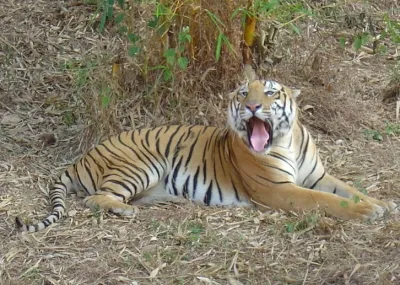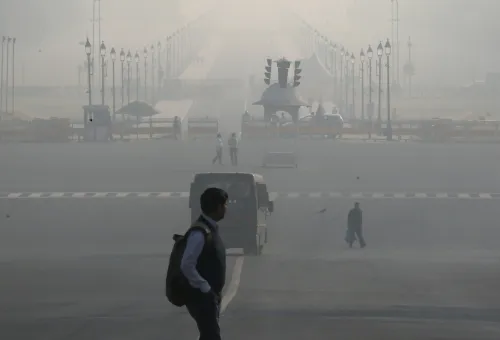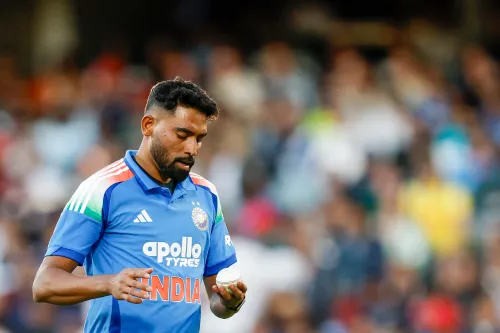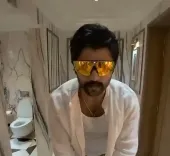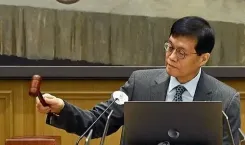Will the SC Address Delhi Govt’s Challenge Against ELVs Ban?

Synopsis
Key Takeaways
- The Supreme Court will address a petition from the Delhi government regarding the ban on end-of-life vehicles.
- Current regulations disproportionately impact middle-class citizens.
- The Delhi government seeks a shift to an emission-based vehicle assessment.
- Many affected vehicles comply with BS-VI emission standards.
- The ban has significant socio-economic consequences for families dependent on older vehicles.
New Delhi, July 28 (NationPress) The Supreme Court is poised to deliberate on a significant petition on Monday put forth by the Delhi government, contesting the sweeping prohibition on end-of-life vehicles (ELVs)—the older vehicles functioning in the Delhi-National Capital Region (NCR).
This case centers around the enforcement of a regulation that bans diesel vehicles over 10 years old and petrol vehicles exceeding 15 years from operating on Delhi's roads. This directive has significantly impacted countless vehicle owners in the region.
The Delhi government contends that the 2018 Supreme Court order, which instituted this age-based ban, is devoid of scientific justification and disproportionately burdens middle-class citizens who depend on these vehicles for essential transportation.
The petition advocates for a more sophisticated, emission-based regulation that evaluates the actual environmental consequences of each vehicle, rather than merely considering age as the sole criterion.
In its arguments, the Delhi government has requested the apex court to instruct the Central Government or the Commission for Air Quality Management (CAQM) to carry out a thorough scientific study to evaluate the real-world effects of such vehicles on air quality. The plea asserts that many older vehicles, especially those meeting BS-VI (Bharat Stage 6) emission standards or used sparingly, produce minimal pollutants and should not be subjected to an absolute ban.
“The current strategy necessitates uniform compliance without differentiating between highly polluting vehicles and those that are well-maintained and used less frequently,” the petition emphasizes, spotlighting the undue strain on lower and middle-income families.
The urgency of this matter has intensified in light of the nationwide adoption of BS-VI standards, recognized as the most stringent vehicle emission regulations established in India.
The Delhi government asserts that numerous vehicles impacted by the ban are either compliant with BS-VI or are well-maintained, making their continued use ecologically responsible.
The petition also highlights the socio-economic ramifications of the ban, noting that families relying on older vehicles for daily commutes or livelihoods are now facing significant challenges due to the rigid policy.

